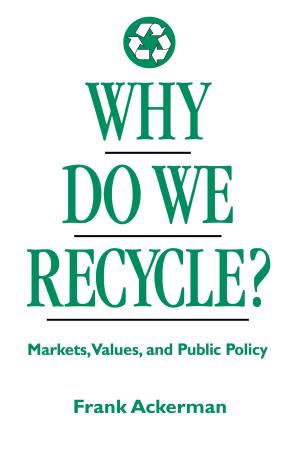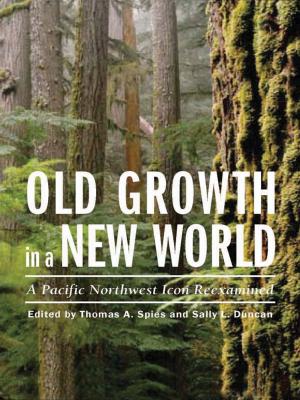So Shall You Reap
Farming And Crops In Human Affairs
Nonfiction, Science & Nature, Science, Biological Sciences, Environmental Science, Nature, Environment, Environmental Conservation & Protection| Author: | Otto Solbrig, Dorothy J. Solbrig | ISBN: | 9781610913263 |
| Publisher: | Island Press | Publication: | April 24, 2013 |
| Imprint: | Island Press | Language: | English |
| Author: | Otto Solbrig, Dorothy J. Solbrig |
| ISBN: | 9781610913263 |
| Publisher: | Island Press |
| Publication: | April 24, 2013 |
| Imprint: | Island Press |
| Language: | English |
So Shall You Reap is a broad-gauged exploration of the intersections of farming and history. Beginning with the prehistorical era, Otto and Dorothy Solbrig describe the evolution of farming. When and how did people learn to irrigate, to fertilize, to rotate their crops -- and why?
Along with its fundamental importance to history, farming has radically altered the physical world. Natural landscapes have been completely transformed to provide room for growth on a large scale of a few species of plants and even fewer species of domesticated animals. Agriculture has altered the earth's biosphere and changed its geosphere: The soil has been modified, forests have been felled, swamps have been drained, rivers have been dammed and diverted.
So Shall You Reap presents a fresh and informed perspective on how farming and the crops we grow have changed us and our environment. By understanding the nature of the origins and evolution of agriculture, we will be better prepared to anticipate what the future may hold in store, and what must be done to increase food production while minimizing environmental problems.
So Shall You Reap is a broad-gauged exploration of the intersections of farming and history. Beginning with the prehistorical era, Otto and Dorothy Solbrig describe the evolution of farming. When and how did people learn to irrigate, to fertilize, to rotate their crops -- and why?
Along with its fundamental importance to history, farming has radically altered the physical world. Natural landscapes have been completely transformed to provide room for growth on a large scale of a few species of plants and even fewer species of domesticated animals. Agriculture has altered the earth's biosphere and changed its geosphere: The soil has been modified, forests have been felled, swamps have been drained, rivers have been dammed and diverted.
So Shall You Reap presents a fresh and informed perspective on how farming and the crops we grow have changed us and our environment. By understanding the nature of the origins and evolution of agriculture, we will be better prepared to anticipate what the future may hold in store, and what must be done to increase food production while minimizing environmental problems.















